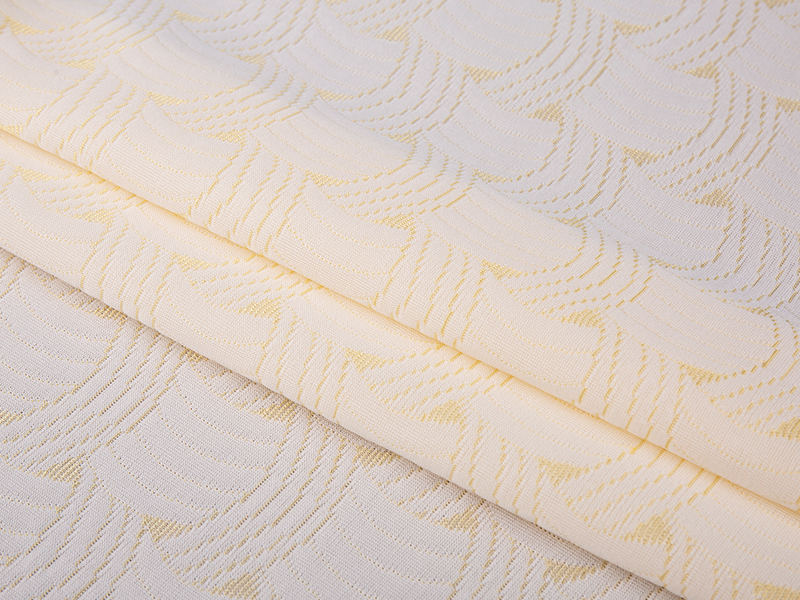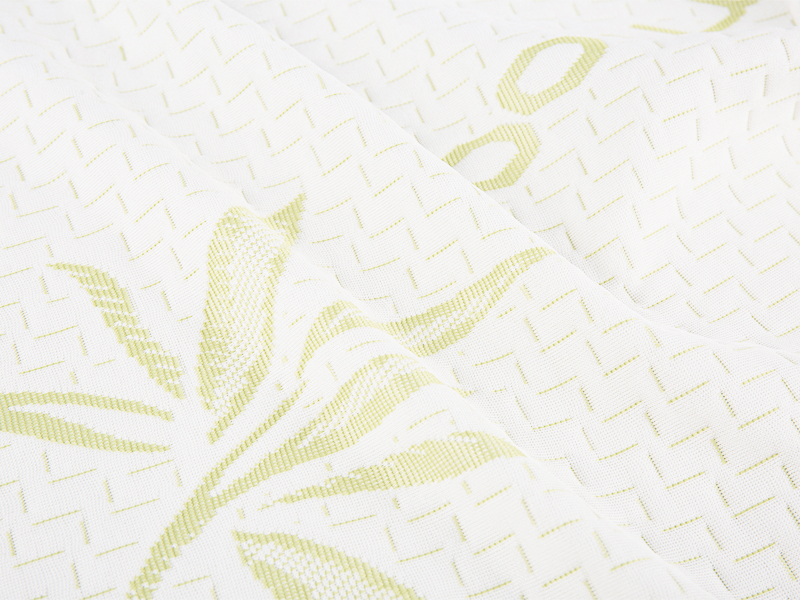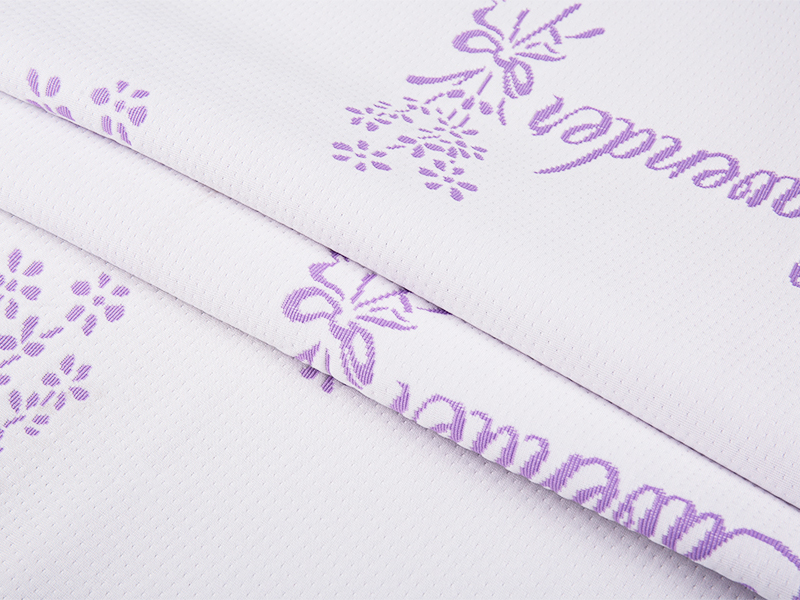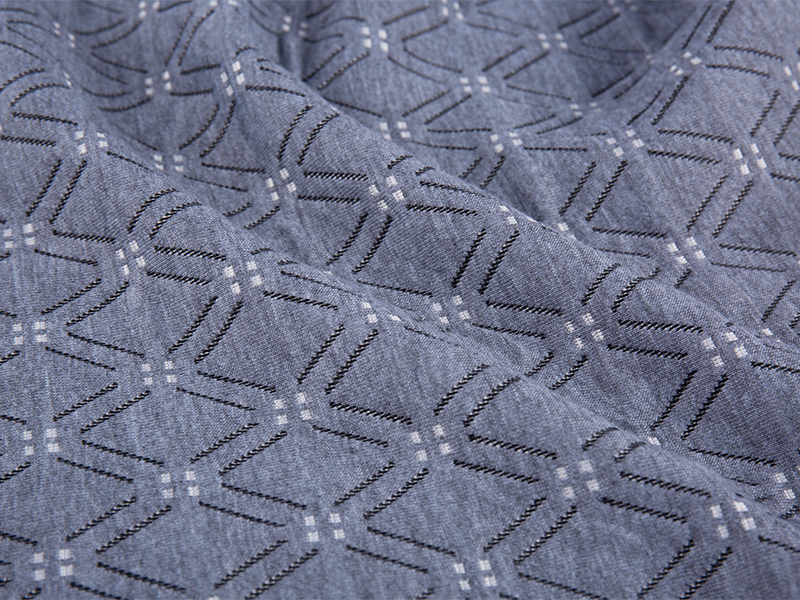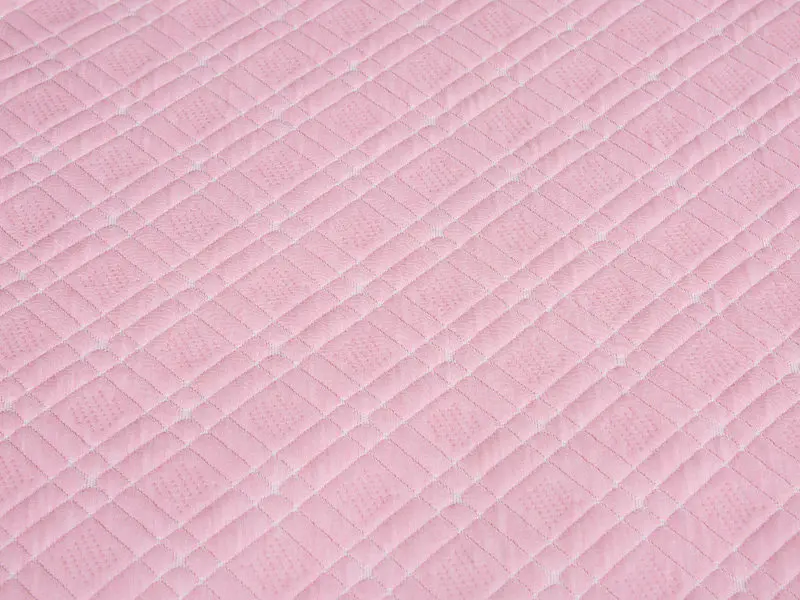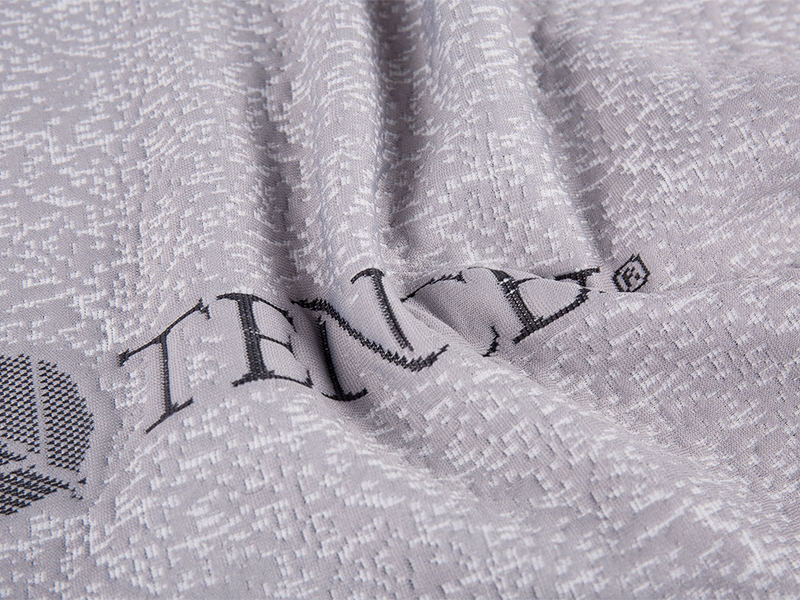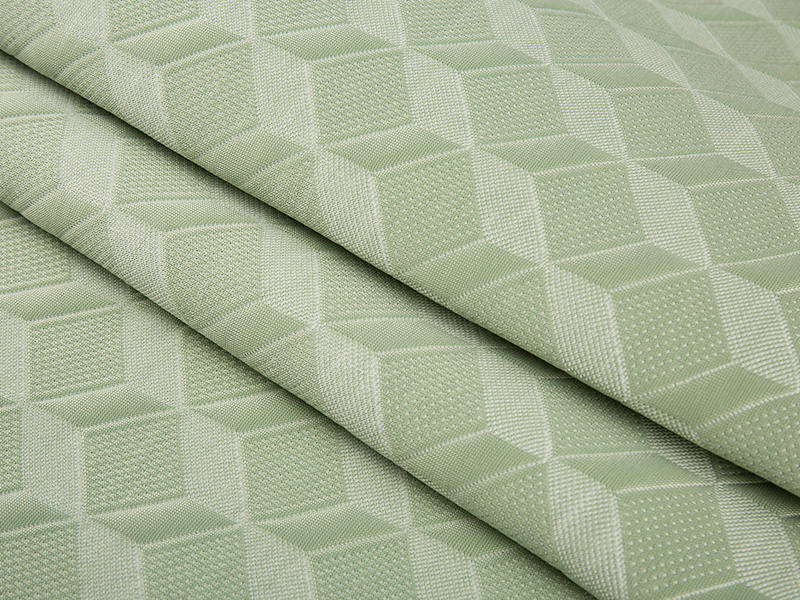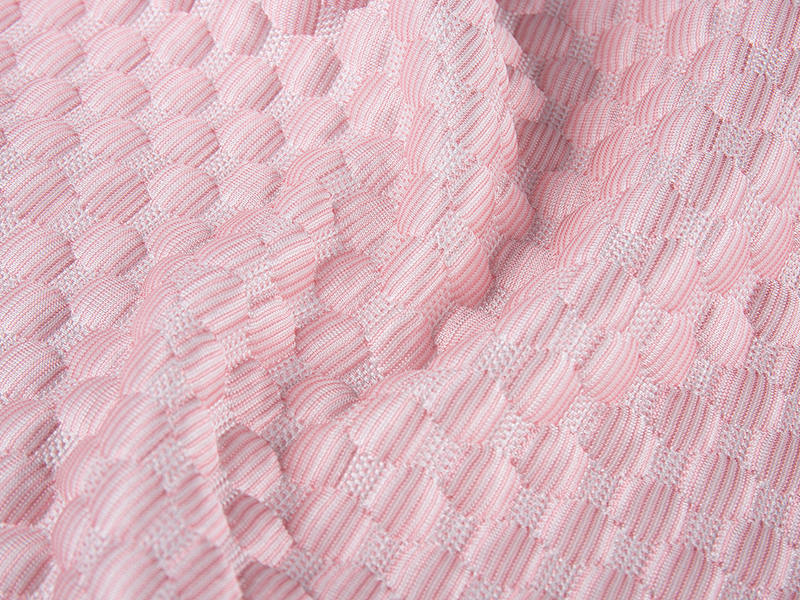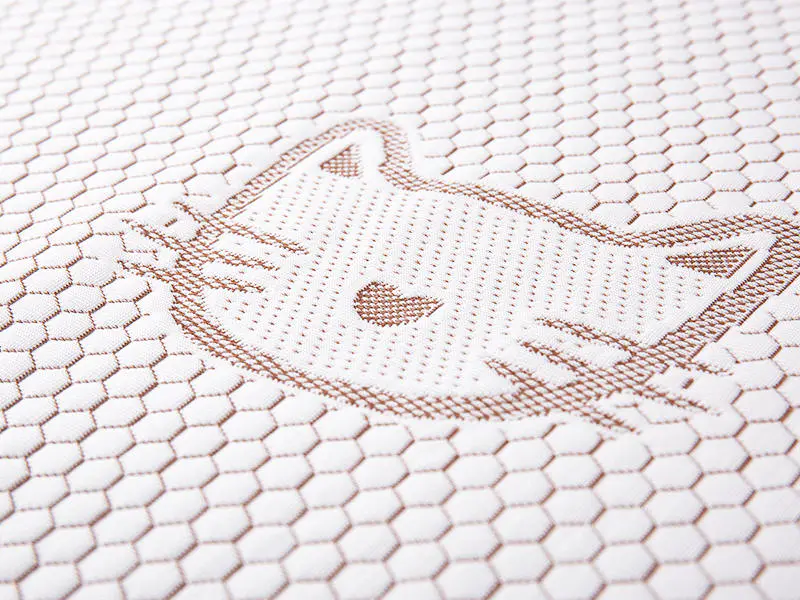Soft knit mattress fabric is a specially crafted textile known for its exceptional comfort and versatility. Unlike woven fabrics, knit fabrics are made by looping threads together, creating a stretchy, pliable material. This unique construction is what makes soft knit a popular choice, particularly for mattresses. It's quickly become a go-to option in the bedding industry due to its breathable and often hypoallergenic properties, offering a superior sleep surface.
Key Benefits of Soft Knit Mattress Fabric
The advantages of soft knit mattress fabric extend beyond its initial feel, impacting various aspects of sleep quality and mattress longevity.
Unparalleled Comfort
The inherent elasticity and plushness of soft knit fabric make it incredibly adaptable. This allows the fabric to contour closely to the body, providing excellent pressure relief. For those seeking the best soft knit mattress fabric for back pain, this conforming quality can be particularly beneficial, helping to distribute weight evenly and alleviate pressure points. Similarly, for side sleepers, the fabric's ability to cradle the body can enhance comfort and reduce strain on the shoulders and hips.
Breathability and Temperature Regulation
One of the standout features of soft knit mattress fabric is its superior breathability. The looped structure allows for greater airflow compared to many other fabrics, which helps dissipate heat and moisture. This makes it an excellent choice for hot sleepers, as it can significantly contribute to a cooler, more comfortable sleep environment by preventing heat buildup.
Durability and Easy Maintenance
Despite its soft feel, soft knit mattress fabric is surprisingly durable. Its inherent stretchiness helps it resist tearing and wear over time, even with frequent use. When it comes to cleaning, most soft knit fabrics are relatively easy to maintain. For general care and to understand how to clean your specific soft knit mattress fabric, it's always best to refer to the manufacturer's guidelines, but typically, spot cleaning or gentle machine washing (if the cover is removable) is sufficient.
Comparison with Other Fabrics
Understanding how soft knit compares to other popular mattress fabrics can help you make an informed decision.
Soft Knit vs. Bamboo Fabric
Both soft knit and bamboo fabrics are prized for their softness. However, there are some key differences. Bamboo fabric is renowned for its exceptional moisture-wicking properties, often surpassing soft knit in this regard. This can make bamboo a strong contender for those in extremely humid climates or individuals who sweat profusely. From a cost perspective, bamboo fabric can sometimes be more expensive due to its specialized processing, whereas soft knit offers a more budget-friendly yet still highly comfortable option.
Soft Knit vs. Organic Cotton
When comparing soft knit to organic cotton, the primary distinctions lie in their feel and environmental impact. Soft knit generally offers a more elastic and "stretchy" feel due to its knit construction, which allows for greater conformity. Organic cotton, while soft, tends to have a more traditional, crisp feel. From an eco-friendly standpoint, organic cotton is grown without synthetic pesticides or fertilizers, making it a very sustainable choice. While soft knit can be made from various materials, opting for soft knit fabrics derived from recycled or sustainably sourced fibers can also align with eco-conscious values.
How to Choose the Right Soft Knit Fabric
Selecting the ideal soft knit fabric for your needs involves considering several factors.
Choosing Based on Use
The intended use of the mattress can guide your fabric choice. For instance, soft knit mattress fabric for baby cribs often prioritizes ultra-softness, breathability, and ease of cleaning, along with certifications that ensure safety and the absence of harmful chemicals. For the hospitality industry, luxury soft knit mattress fabric for hotels will emphasize durability, stain resistance, and a premium feel that enhances the guest experience. When considering best soft knit fabric for adjustable bed mattresses, elasticity is key. The fabric needs to be highly flexible to move seamlessly with the bed's adjustments without bunching or tearing, ensuring both comfort and longevity.
Thickness and Density Guidelines
The thickness and density of soft knit fabric can significantly impact its performance and feel. A thicker, denser fabric often provides a more luxurious feel and can offer greater durability. However, extremely thick fabrics might reduce some of the inherent breathability. Generally, a medium-to-high density knit will offer a good balance of comfort, support, and longevity.
Certifications and Eco-Friendly Considerations
When looking for eco-friendly options, seek out soft knit fabrics that carry certifications from reputable organizations. These certifications can ensure that the fabric is free from harmful substances and has been produced using environmentally responsible practices. This is particularly important for products like soft knit mattress fabric for baby cribs, where safety is paramount.


